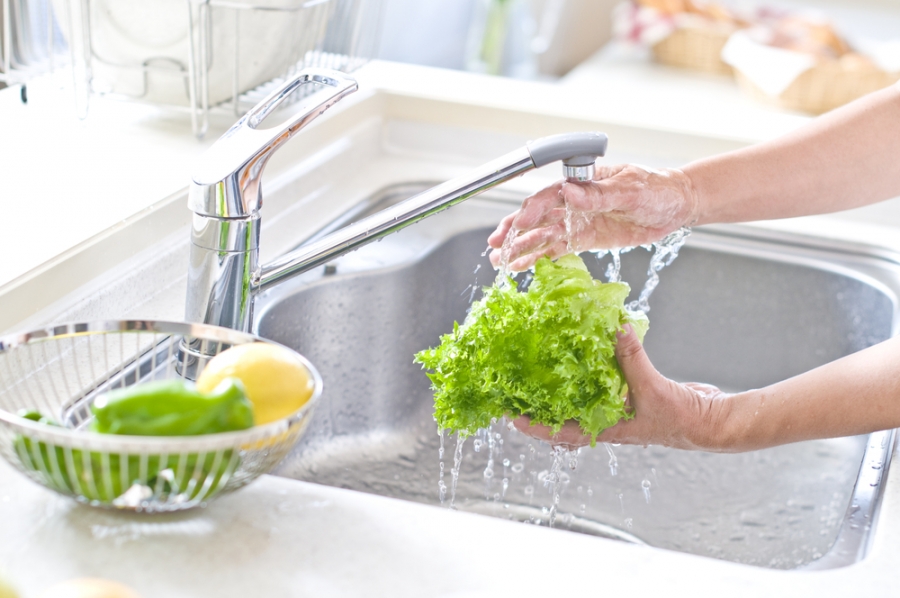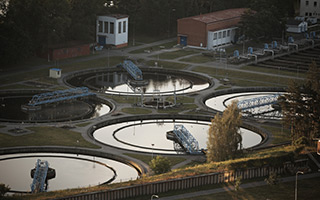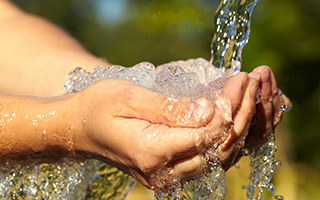Residential Water Usage Guidelines
No household can function without a good, steady source of clean water. Many households needlessly waste significant amounts of water, leading to not only an impact on the environment but on our wallets as well.

We must consider certain things when we handle our expenditures, and the cost of water is one of them. If you don't want to literally pour water down the drain needlessly, then you will need to find ways to reduce your household water use or to reuse it as graywater.


Your dripping tap may waste up to almost 24 gallons of water each week without your even realizing it. So why waste all that perfectly good water when you can do so much better than that? Here are some tips on how you can reduce your residential water usage:
Most people know that limiting your bath time each day through using a shower instead of bathing will save a lot of water each week – up to 100 gallons. However, not all showers are created equal. The type of showerhead you choose will affect how much water you use during your shower, as well as how much hot water you use and how you heat it. The U.S. Department of Energy provides detailed tips here.
If you can and need to, you should replace your toilet with a more efficient and recent one. Those manufactured after 1993 are designed in such a way as to save water with every flush. Alternatively, you can always submerge an object in the toilet tank to save water per flush. (Most older toilets will flush fine with less water.) Tip: Although people typically used to submerge a brick in their toilet tanks, bricks will dissolve eventually and can cause plumbing problems.
If you have a dual-flush toilet, use its short-flush option whenever you can to save water. The same goes for your washing machine – adjusting the washing machine’s setting to a lower water level can be a very good way to save water (and money) during the ordeal of doing laundry.
Cooking provides an often overlooked source of graywater. For example, you can water plants with that bit of water left in your kettle or that you used to boil eggs. You may find this strange, but the calcium in the water will nurture the plants, so there is no sense in throwing it away.
Never use the washing machine if you don't have a full load to wash. One of the worst environmental offenses you can make while doing the laundry is to waste a full wash cycle on a small load. Keep efficiency in mind when you’re thinking of saving money in the process of your chores. High-efficiency washers, besides saving the environment and money, also prolong the life of your clothes.
Avoid using sprinklers to water your plants, as they can consume huge quantities of water in no time at all. Go old-fashioned and do some localized irrigation instead to avoid wasting water. Installing a rain barrel will also cut down on water costs.
Keep a sharp eye out for any leaks, drips, and so forth from your pipes and plumbing. Regular maintenance is key to proper water saving procedures, so stay vigilant and pay attention to the needs of your home.
This post appears courtesy of W4 carpet cleaning, who can clean your carpets if your plumbing does leak.

Grace Bailey
Grace is an artistic and passionate writer, keen on exploring all the miracles of the world around us. She really enjoys sharing tips and tricks of home organizing, eco-friendly living, and innovative technologies.

